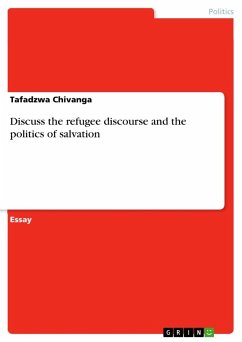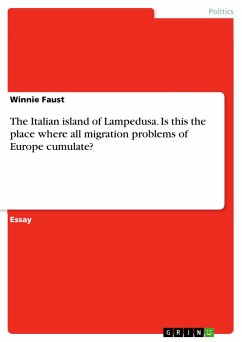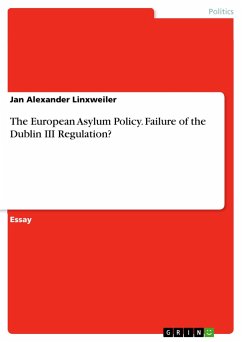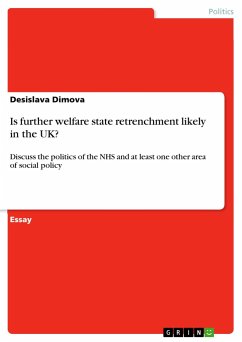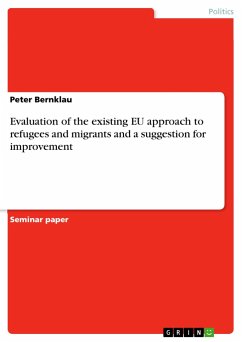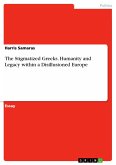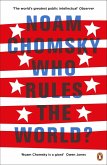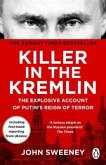Essay from the year 2015 in the subject Politics - Topic: Public International Law and Human Rights, grade: 58,0, University of Sussex (Global Studies), course: Refugees, Displacement and Humanitarian Responses, language: English, abstract: The "refugee" label has been politicised and is often misconstrued by various actors to advance their positions at the expense of the rights and autonomy of the refugees themselves. Zetter (2007) avers that the refugee label has been politicised by the reproduction of institutional fractioning and by embedding the wider political discourse of resistance to migrants and refugees. This paper posits that refugees are rational actors who possess a sense of agency and should have their own autonomy. They should not be continuously subjected to the dependency syndrome that typifies them as defenceless and defines processes of humanitarian intervention without giving them due recognition. The paper will initially analyse how the refugee discourse treats refugees as needing salvation. It also theoretically analyses the frameworks in the doctrine of refugees by critically assessing the politicization of the refugees discourse. Secondly the paper will draw in case studies showing how the refugees possess agency. The paper will then conclude by outlining the advantages of viewing refugees as rational beings with the ability to determine their paths for survival and contribute to socioeconomic growth.

